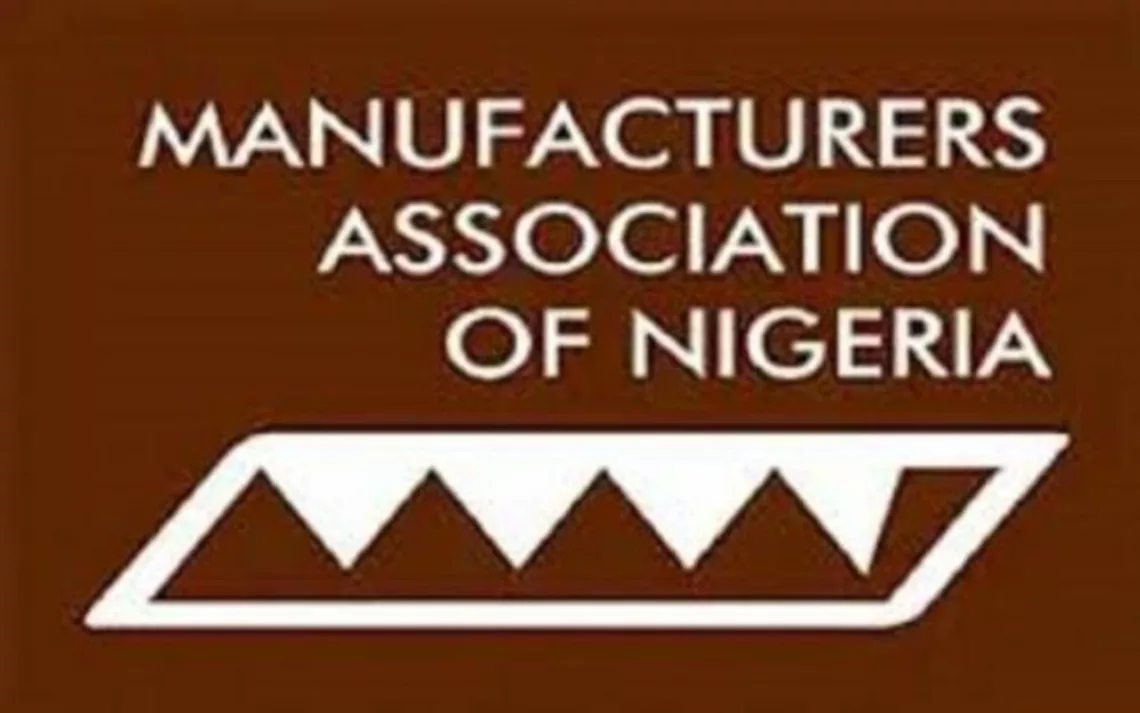The Manufacturers Association of Nigeria (MAN) has revealed that a staggering 767 manufacturers ceased operations in 2023, with an additional 335 becoming distressed during the same period. This alarming trend was attributed to exchange rate fluctuations, mounting inflation, and other economic hurdles, exacerbating the investment climate.
In a statement, MAN expressed dismay over the recent implementation of the Expatriate Employment Levy by the federal government, deeming it contradictory to President Bola Tinubu’s Renewed Hope Agenda and fiscal policy initiatives.
According to the association, the levy poses potential negative consequences for the manufacturing sector and the economy as a whole, particularly amidst the evident economic downturn.
“The imposition of EEL poses a potential impact on the manufacturing sector and the economy at large,” MAN stated, emphasizing the potential escalation of the cost of doing business in Nigeria, amplifying the challenges already faced by manufacturers. “In the year 2023, 335 manufacturing companies became distressed and 767 shut down,” the statement added.
Furthermore, the Centre for the Promotion of Private Enterprise, through its CEO Muda Yusuf, criticized the new policy directive, warning of potential setbacks to continental economic integration.
“There are serious implications for diaspora Nigerians,” Yusuf remarked, highlighting concerns about retaliatory measures from other countries and potential ramifications for Nigerians abroad, who contribute significantly to various sectors globally.
The introduction of the Expatriate Employment Levy has raised fears of reciprocal actions from other nations, potentially affecting diaspora Nigerians and impeding remittances.
MAN and other industry stakeholders have called for a review of the policy to mitigate its adverse effects on the manufacturing sector and the broader economy.





